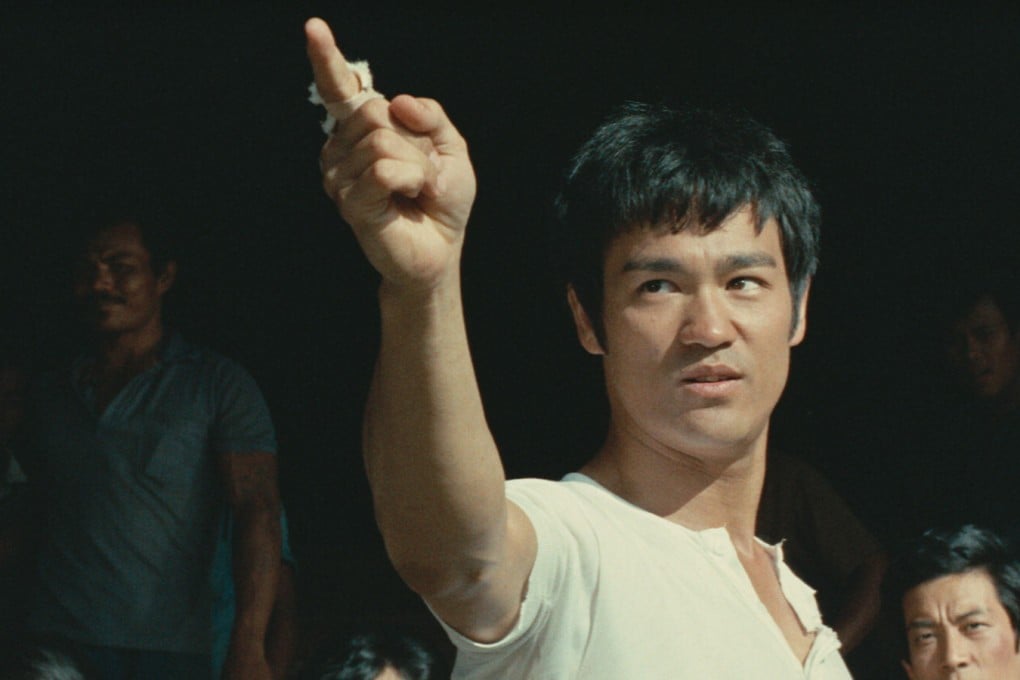The man bringing old Bruce Lee screenplay The Silent Flute to life in a six-part TV series
- Lee’s screenplay for The Silent Flute, written with Hollywood screenwriter Stirling Silliphant and actor James Coburn, will form the basis of show’s storyline
- Hong Kong-born producer Jason Kothari came across the script by accident and spent five years trying to buy it and a further five years developing it

Bruce Lee thought that The Silent Flute, a script he wrote with screenwriter Stirling Silliphant and actor James Coburn in 1969, would become the film that made him an international star. But the project did not get off the ground and was abandoned.
Now Lee fans will finally get the chance to experience Lee’s metaphysical martial arts work courtesy of Hong Kong-born producer Jason Kothari, who has bought the rights to the script and is turning it into a six-hour series.
As described in Matthew Polly’s biography Bruce Lee, the original script revolves around a hero called Cord the Seeker, who “embarks on a journey to discover the true nature of martial arts. Along the way, Cord must defeat several enemies … who represent fear, anger, and death.”
Below Kothari, who is based in India, talks to the Post about his plans for The Silent Flute.
There were three versions of the script – one by Sterling Silliphant’s nephew, one by a writer-for-hire, and the final draft written by Lee, Silliphant, and James Coburn. Which one do you own?